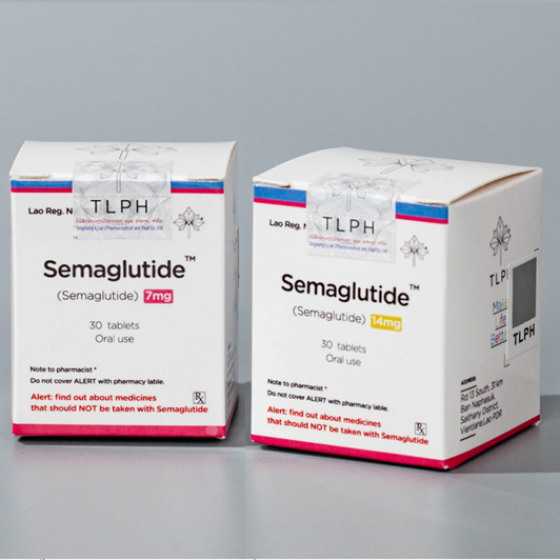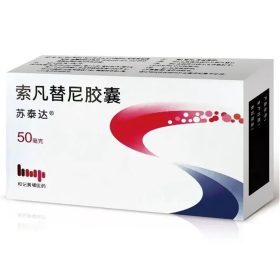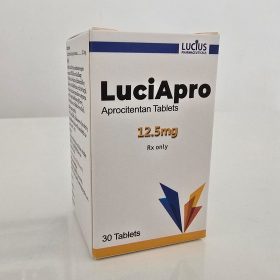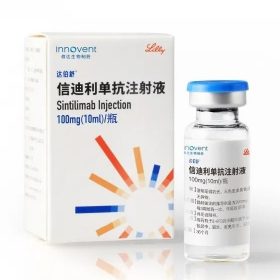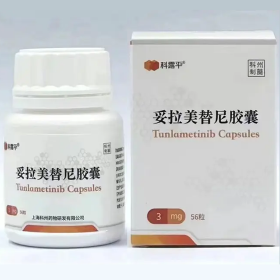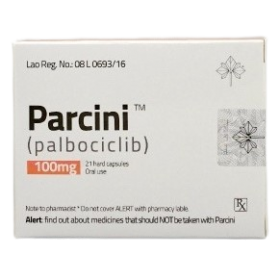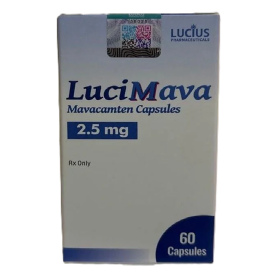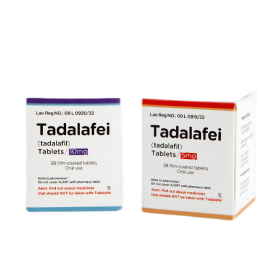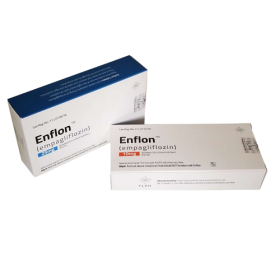- Details
- Description
-
Packaging Size30T/Bottle
-
Strength7mg、14mg
-
CompositonSemaglutide
-
Treatmenttype 2 diabetes and long-term weight management
-
FormTablet
-
BrandSemaglutide
-
Quantity Unit7mg*30T/Bottle & 14mg*30T/Bottle
-
ManufacturerTongmeng (Lao) Pharmaceutical & Food Co., Ltd.(TLPH)
About Semaglutide
Semaglutide is an antidiabetic medication used for the treatment of type 2 diabetes and an anti-obesity medication used for long-term weight management. It is a peptide similar to the hormone glucagon-like peptide-1 (GLP-1), modified with a side chain. It can be administered by subcutaneous injection or taken orally.
Blood sugar control
Dosing Information
Semaglutide is a tablet taken once a day at least 30 minutes before the first food, beverage, or other oral medications of the day with no more than 4 ounces of plain water only. After 30 minutes of taking the tablet you may eat, drink or take other oral medicines. Swallow tablets whole. Do not split, crush, or chew tablets.
Recommended Dosage
- Start Rybelsus with 3 mg once daily for 30 days. The 3 mg dose is intended for treatment initiation and is not effective for glycemic control.
- After 30 days on the 3 mg dose, increase the dose to 7 mg once daily.
- Dose may be increased to 14 mg once daily if additional glycemic control is needed after at least 30 days on the 7 mg dose.
- Taking two 7 mg Rybelsus tablets to achieve a 14 mg dose is not recommended.
- If a dose is missed, the missed dose should be skipped, and the next dose should be taken the following day.
How does semaglutide work for weight loss?
You will lose weight with semaglutide because you will eat less, and feel fuller when you do eat. Semaglutide does this by targeting an area in the brain (called GLP-1 receptors) that help to regulate your appetite and how much you eat. It closely mimics a natural hormone in the body called incretin, which is made primarily in our digestive tract.
Semaglutide is used as a long-term weight loss treatment in addition to a healthy diet and exercise to help promote weight loss. Semaglutide are also approved to help protect the heart in patients with heart disease.

